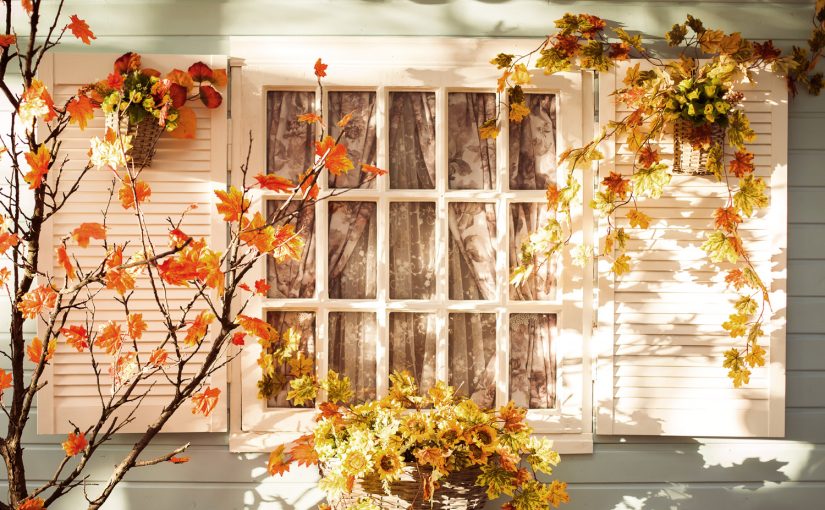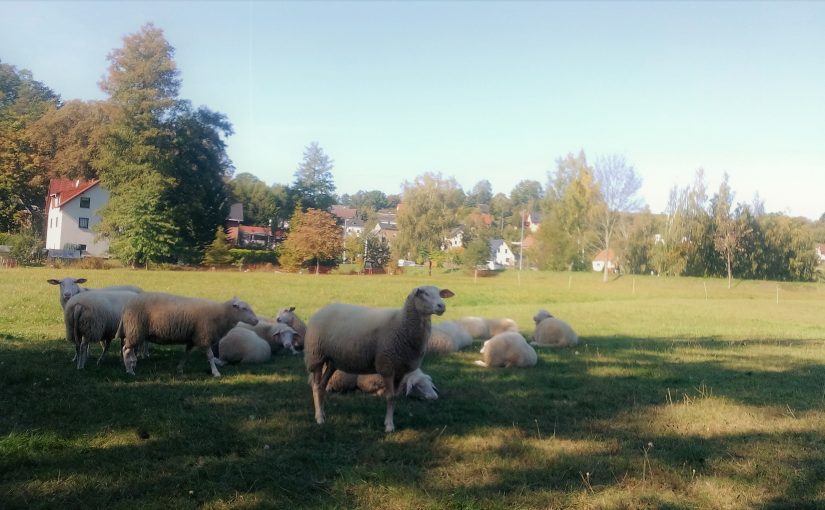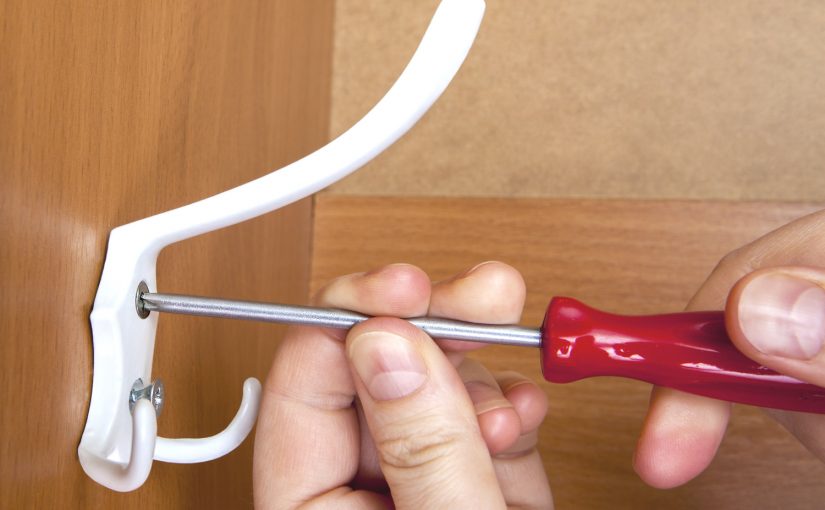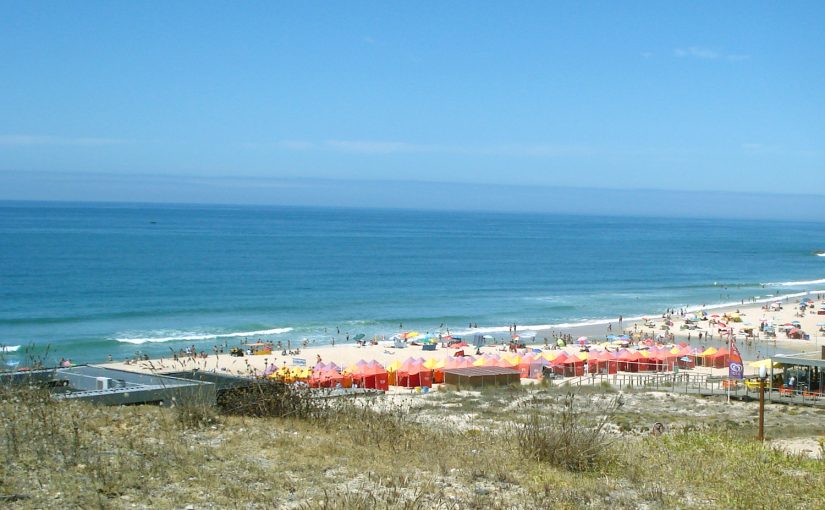Have you recently bought an investment property? Or are you downsizing and debating what to do with your family home now that it is no longer needed as your family has dispersed? Many people in this situation employ the services of a management company who will prepare the property, advertise it, vet perspective renters, collect rent and take are of repairs. Of course they do this in exchange for a percentage of the rental income that the property generates. This can range from a set yearly nominal fee to a full months rent per calendar year or more.
If you want to get into this business yourself without a management company, it’s important to be savvy and smart.
First of all, get to know all the local laws that apply. If the property needs renovating or remodeling, make sure all the work is above board and that you get the appropriate certificates to show that you are following regulations on everything to do with electrical, fire etc. This could save you some major headaches down the line. If you are changing the use of a property then even more paperwork and certification will be required.
When it comes to the type of renovations you do, also take a look at the neighbourhood to help you decide what should be done. You do not want your property to make the whole street look bad. But you also do not need to install gold-plated taps unless your property is in Beverly Hills. Stay in keeping with the area. If it’s not an essential upgrade and it won’t increase the amount of rent you can charge, think carefully before taking on extra expenses.
When it comes to setting the rent, you can take clues from looking at similar properties in the area. It’s important to get the rent at a level that is appropriate – reasonably affordable but not so cheap that people wonder what’s wrong with the place. Rent is your income. If the property is an apartment in an urban area, you might expect a higher turnover in tenants. With this in mind your forecasts should allow for occupancy for 10 full months per year only. In more rural settings, it can be more difficult to find a tenant but there should be less of a turnover. A good rule of thumb is to allow 12.5% of the annual rental income toward repairs and required upgrades.
Set up easy and clearly defined ways for your tenant to pay their rent.
Online is often simplest and gives you automatic records with your bank. Don’t allow arrears to build up. You are the landlord and have the right to demand the agreed rent. However, don’t be unreasonable. Communication is key in this situation and, whilst you may need the intervention of some legal entity, this should be a last resort that follows personal engagement. If your tenant goes into arrears and does not engage with you, check the law and begin eviction proceedings as soon as is legal whilst still attempting resolution.
Finding the right tenant is of course crucial to your rental income.
The first thing to do is market the property. Get some good photographs and write a comprehensive description for an online post. You might decide to arrange an afternoon of open house or set up individual showings with interested people. To make sure you’re not wasting your time, you can also put a short questionnaire online. Like this you will have essential information about them before setting up the viewing. Doing this initial stage by email and online is a big time-saver compared to doing it in person or on the phone.
In the US, you will of course check credit ratings of every perspective tenant. A score of 600 or below is considered bad. In Europe, we rely more heavily on references. Look for references from their previous landlord and employer. Get a copy of their legal ID and their national identity number. Meet them personally. Find out how many people they are planning on bringing to live with them. Have a proper legal rental contract for you both to sign, and give them a copy (free templates are available online for this). Have clear rules about smoking and pets, and put this in writing in the contract.
If you personally live nearby your rental property, it’s easier to keep an eye on it and make sure it’s being cared for appropriately. Of course you should not turn up unannounced or go snooping around when they aren’t home. You must respect their privacy. If you live further away, you might consider employing someone locally. If the property has a garden, having a local gardener to visit regularly will help to keep it looking well without relying on the tenant’s efforts. You will definitely need a local handyman you can call when repairs are required.
It is worth keeping the property in good condition.
In most countries expenses on repairs, cleaning and maintenance are all allowable as claims against your rental income to reduce the amount of tax you will have to pay on your income. So keep good records of these expenses. Your tenant will also appreciate living in a place that is well maintained and where they have a landlord who responds promptly to repair requests.










